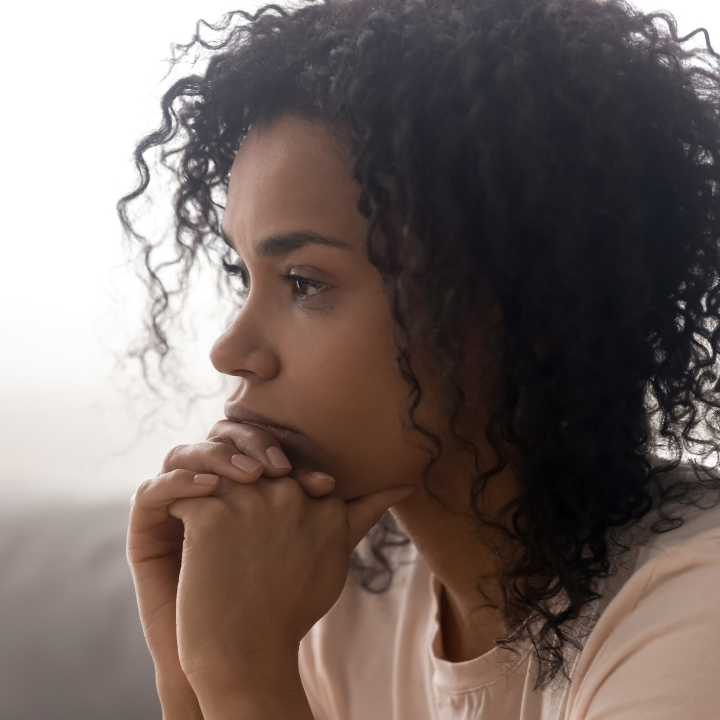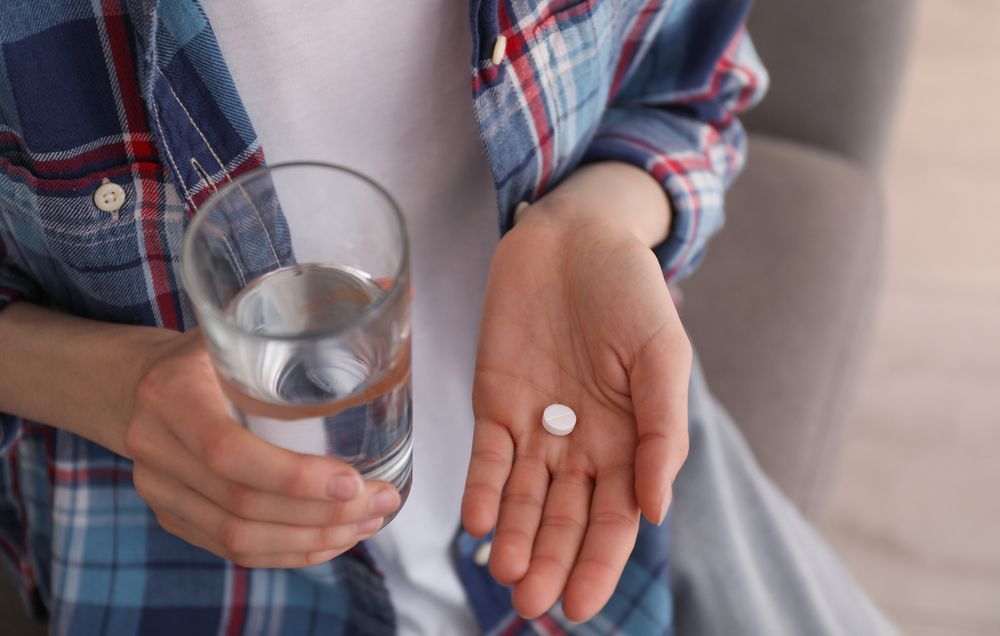Can You Get Pregnant Right After Your Period?
Yes, you can get pregnant right after your period, even though it’s less common. The timing of ovulation varies from woman to woman, and sperm can survive in the body for several days. If you have sex during or soon after your period and ovulate early, sperm can fertilize your egg and cause pregnancy. Pregnancy after your period is possible, though less likely than during your fertile window.
Understanding how your cycle works is not always easy, but learning the timing of your unique fertile window can help you make informed decisions for your future.
How Ovulation Timing Affects Pregnancy Risk
There are four main phases of your menstrual cycle: menstruation (your period), the follicular phase, ovulation, and the luteal phase. According to the
Mayo Clinic, you are most likely to get pregnant during ovulation, when your ovary releases an egg. The timing of ovulation varies from woman to woman, and tracking your ovulation timing can help you better understand your risk of pregnancy.
If your cycle is irregular, tracking ovulation can be challenging. Factors like stress, illness, or hormonal changes can cause your ovulation cycle to come earlier or later than expected. Sperm can live in your reproductive tract for
up to 5 days. If you ovulate sooner than expected, sperm from intercourse right after your period could still be alive when your egg is released, making pregnancy possible.
You can track your ovulation with tools like basal body temperature, cervical mucus observation, or ovulation predictor kits, which can give you more clarity about your fertile window.
Signs You Might Be Pregnant
Are you worried that you may be unexpectedly pregnant? According to the Cleveland Clinic, common early pregnancy signs include:
- A missed period
- Frequent urination
- Feeling tired/fatigued
- Morning sickness
- Sore (and swollen) breasts
Pregnancy symptoms vary from woman to woman. Some women notice early pregnancy signs within a week or two after conception, while others may not feel changes until after a missed period. It’s important to pay attention to your body and confirm pregnancy with a reliable test if you notice signs.
How to Confirm Pregnancy
We know how overwhelming taking a pregnancy test can feel. You are not alone. Start with an at-home pregnancy test from your local drugstore. Pregnancy tests detect the presence of
human chorionic gonadotropin (HCG) in your urine, which your body produces during pregnancy.
For the most accurate results, take a pregnancy test after your missed period and first thing in the morning, when your urine is most concentrated. If your pregnancy test is positive, schedule an ultrasound to confirm how far along you are, check for a viable pregnancy, and determine your next steps.
What to Do If You’re Pregnant
Once you confirm you’re pregnant, learn about all your pregnancy options and receive additional support from a trusted medical professional at our center. We’re here to help.
Schedule a free consultation at our center today to confirm your pregnancy and learn about your pregnancy options. We’re here to support you with confidential help.
FAQ: Getting Pregnant Right After Your Period
Q: Can I get pregnant if I’ve had sex right after my period?
A:
Yes, it’s possible - though not as common as during your fertile window. If you ovulate earlier than average or have a shorter menstrual cycle, sperm from intercourse right after your period could still be present when your egg is released. Since sperm can survive in your body for up to 3–5 days, even a few days’ difference in timing can make pregnancy possible.
Q: How soon after my period should I take a pregnancy test?
A:
For the most accurate pregnancy test results, wait until at least the first day of your missed period, which is usually about 2 weeks after ovulation.
Taking a test too early can give a false negative because your body might not have enough hCG (the pregnancy hormone) for the test to detect yet. If you’re unsure about your cycle timing, waiting a few extra days or retesting can help confirm your result.
Q: Can irregular periods make pregnancy more likely right after my period?
A:
Irregular cycles can make it harder to predict when you’ll ovulate, which means your fertile window might come sooner or later than expected. If ovulation happens earlier in your cycle, there’s a greater chance that sex right after your period could result in pregnancy. Tracking your cycle with tools like basal body temperature, cervical mucus changes, or ovulation tests can give you more clarity over time.
Q: Is it normal to feel anxious about getting pregnant after my period?
A:
Most definitely. It’s very normal to feel worried, uncertain, or even scared about a potential pregnancy. Your feelings are valid. If you’re concerned, talk to a trusted friend, medical professional, or visit a pregnancy center that can offer you accurate information, emotional support, and clarity about your options moving forward.
Q: Where can I get a free pregnancy testing?
A:
Many local pregnancy centers offer confidential, no-cost pregnancy testing, ultrasounds, and other pregnancy services.










